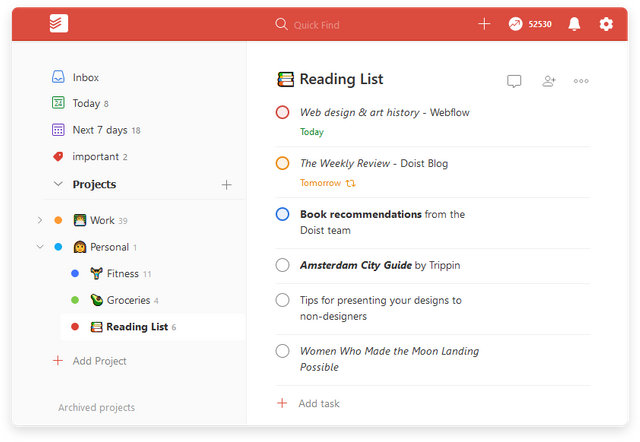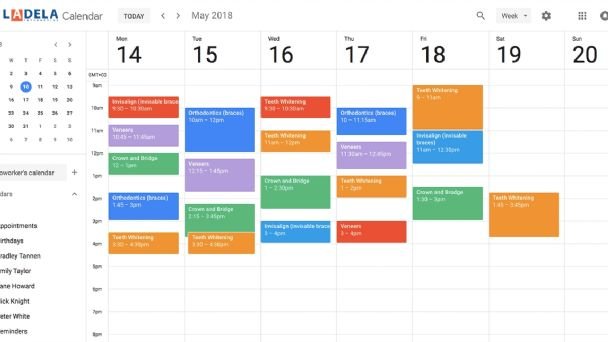Study Techniques Course: Planning

Unfortunately, studying is associated with an activity that causes a lot of work and pain when applying repetitions, which causes anxiety and stress, but with the right techniques it will be much easier for you to concentrate and study.
We can define that a student is one who acquires and develops new knowledge through the application of various study techniques.
The most important thing about being a student is to achieve determination and to achieve this you have to increase the efficiency of what you study, increase the quality of learning and eliminate all distractors.

There is something known as pseudo work "which is the feeling that the more time you dedicate to an activity the more you learn, but this is a mistake, since it does not matter how much time you invest in studying, but how you do it. proper techniques, you can achieve higher performance and eliminate fatigue.
The most important thing a good student has to do is planning, so that every minute you have is worth it.
Today we will see the study planning 😀 ✍

People are bad at estimating the time it will take us to carry out an activity, whether it is to finish a job, study for an exam, to fix ourselves, this is known as the planning fallacy, it means that when we study, we misjudge the time we spend. It takes studying for an exam, that is why it is very important that you get into the habit of documenting your day step by step.
- list of activities
- calendar
- daily agenda
The first thing you should do is a list with all the activities that you have to do, by subject, by project, by tasks and extruct them in a list.
You can do it on paper or if you prefer you can use the Todoist app. The idea is that your life is programmed in one place.

The second thing is to use a digital calendar so that you can schedule activities per week, such as going to work, then to the library, determining what date you have an exam, delivering practical work, for this I recommend google calendar that you can write your organization per week and per month.

The last thing is to create your daily schedule, this will save you a lot of time, because you will give orders to your brain about what to do day by day. First I recommend you analyze your calendar to know what activities you have in the day and then transcribe it to determine the times in which you are going to distribute them.
What your daily schedule should contain is the activities of the day, the schedules, the time it may take to do them and those activities that arise at the last minute.
Do not forget to highlight the hours you will dedicate to study.
You can do your daily planning on your phone, for this you can use evernote so that you always have it handy.
Finally, you have to sort your activities by priority, first do the most complicated or effortless activities and leave the easiest ones for last, so that you don't give up after doing the easiest ones at the beginning.
Activities that require more effort should be attacked during the first hours of the day, which is when you have the most mental energy.
Remember that determining times to perform an activity helps you save time and take action. Try to dedicate a day to schedule your week, a day that I recommend is Saturday.
Well dear friends this is all for today, see you in another publication where I will continue with study techniques.
